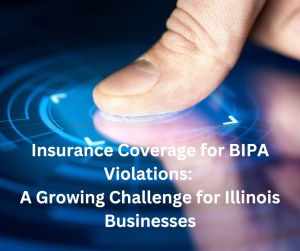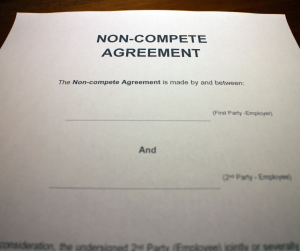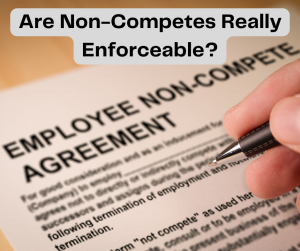A recent decision by the Massachusetts Supreme Judicial Court has sparked interest across legal circles. In a case centered around a $70,000 engagement ring, the court ruled that an engagement ring must be returned to the purchaser if the marriage does not take place, regardless of who may have been at fault. This ruling aligns Massachusetts with the majority of jurisdictions, where an engagement ring is considered a conditional gift—given with the expectation of marriage and thus, contingent upon the marriage actually happening.
While Illinois follows similar principles, this ruling offers a chance to examine how Illinois contract law views the conditional nature of engagement gifts and what factors courts might consider in similar cases.
 Chicago Business Attorney Blog
Chicago Business Attorney Blog











